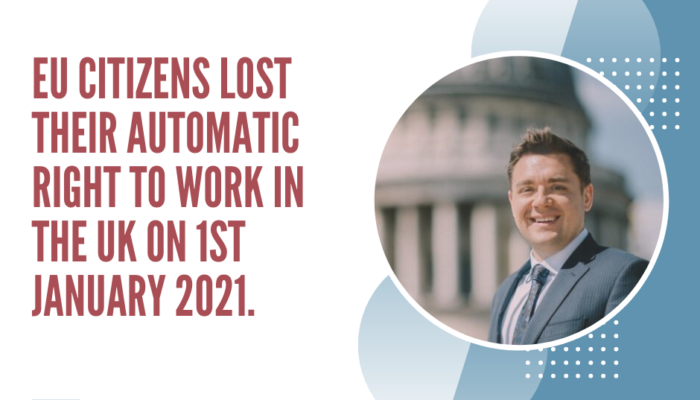Compliance audit

A compliance audit is a process that businesses use to ensure that they are complying with relevant laws, regulations, and industry standards. The goal of a compliance audit is to identify any potential areas of non-compliance and take steps to rectify them before they result in legal or financial consequences. In this article, we will discuss what a compliance audit is, why it’s important, and how businesses can conduct one.
What is a Compliance Audit?
A compliance audit is an independent and objective evaluation of a business’s compliance with relevant laws, regulations, and industry standards. The audit typically involves reviewing the business’s policies, procedures, and practices to identify any areas of non-compliance. The audit can also involve reviewing the business’s financial records and other documentation to ensure that it is in compliance with applicable laws and regulations.
The audit may be conducted by an internal auditor or an external auditor, depending on the size and complexity of the business. In some cases, businesses may also hire a third-party audit firm to conduct the audit. The audit can be conducted on a regular basis, such as annually or bi-annually, or it may be triggered by a specific event, such as a change in regulations or a legal dispute.
Why is a Compliance Audit Important?
A compliance audit is important for several reasons:
- Legal compliance: Businesses that are not in compliance with relevant laws and regulations can face legal consequences, such as fines, penalties, or lawsuits. A compliance audit can help businesses identify potential areas of non-compliance and take steps to rectify them before they result in legal consequences.
- Reputation: Businesses that are not in compliance with relevant laws and regulations can also suffer damage to their reputation. A compliance audit can help businesses demonstrate their commitment to compliance and reassure stakeholders, such as customers, investors, and regulators, that they are operating ethically and responsibly.
- Financial stability: Non-compliance can also have a significant impact on a business’s financial stability. For example, fines and penalties can result in significant financial losses, and legal disputes can be costly to defend. A compliance audit can help businesses avoid these costs and maintain financial stability.
How to Conduct a Compliance Audit
Here are the steps to conduct a compliance audit:
- Define the scope: The first step in conducting a compliance audit is to define the scope of the audit. This involves identifying the laws, regulations, and industry standards that are relevant to the business and that the audit will focus on.
- Develop a checklist: Once the scope has been defined, the next step is to develop a checklist of the specific requirements that the business needs to comply with. This checklist should be based on the relevant laws, regulations, and industry standards that were identified in the previous step.
- Gather documentation: The audit team should then gather all relevant documentation, such as policies, procedures, financial records, and other documentation that is relevant to the areas of non-compliance that are being audited.
- Analyze the documentation: The audit team should then analyze the documentation to identify any areas of non-compliance. This analysis should be based on the checklist that was developed in the previous step.
- Develop recommendations: Once the areas of non-compliance have been identified, the audit team should develop recommendations for how to rectify these issues. These recommendations should be based on best practices and industry standards.
- Implement recommendations: The final step is to implement the recommendations that were developed in the previous step. This may involve changes to policies and procedures, additional training for employees, or other steps to ensure compliance with relevant laws, regulations, and industry standards.
We value your time. After the consultation, we will let you know what the next steps are. We will request the documents we need, and only call you when necessary. We are proactive, will update you on your case as soon as we have any news so that you don’t need to call, meaning you can rest assured that no actions are needed from your side.
We value your time. After the consultation, we will let you know what the next steps are. We will request the documents we need, and only call you when necessary. We are proactive, will update you on your case as soon as we have any news so that you don’t need to call, meaning you can rest assured that no actions are needed from your side.
We haven’t forgotten about you, but we believe you’d rather spend time doing something that really matters than on the phone with a lawyer.













